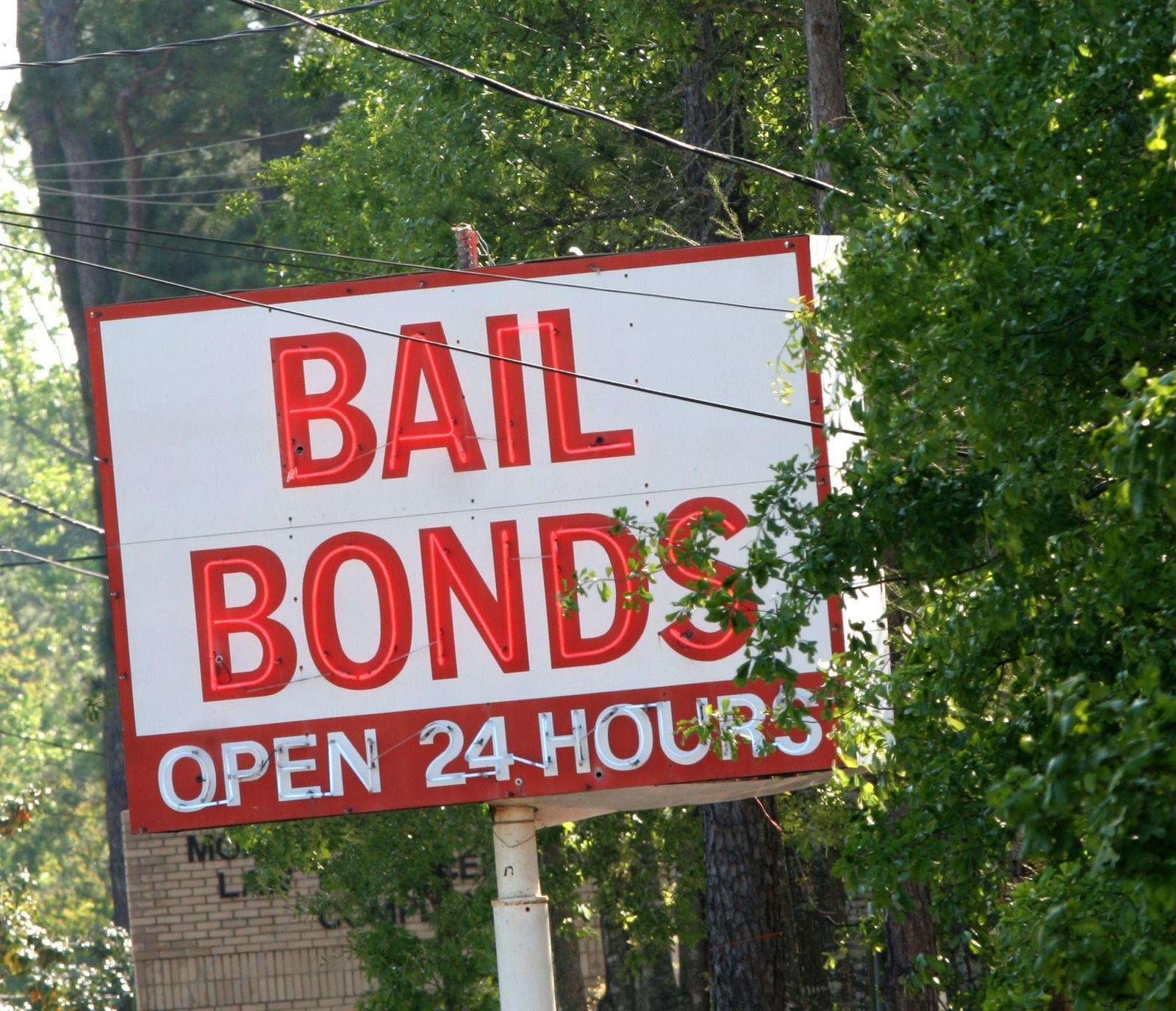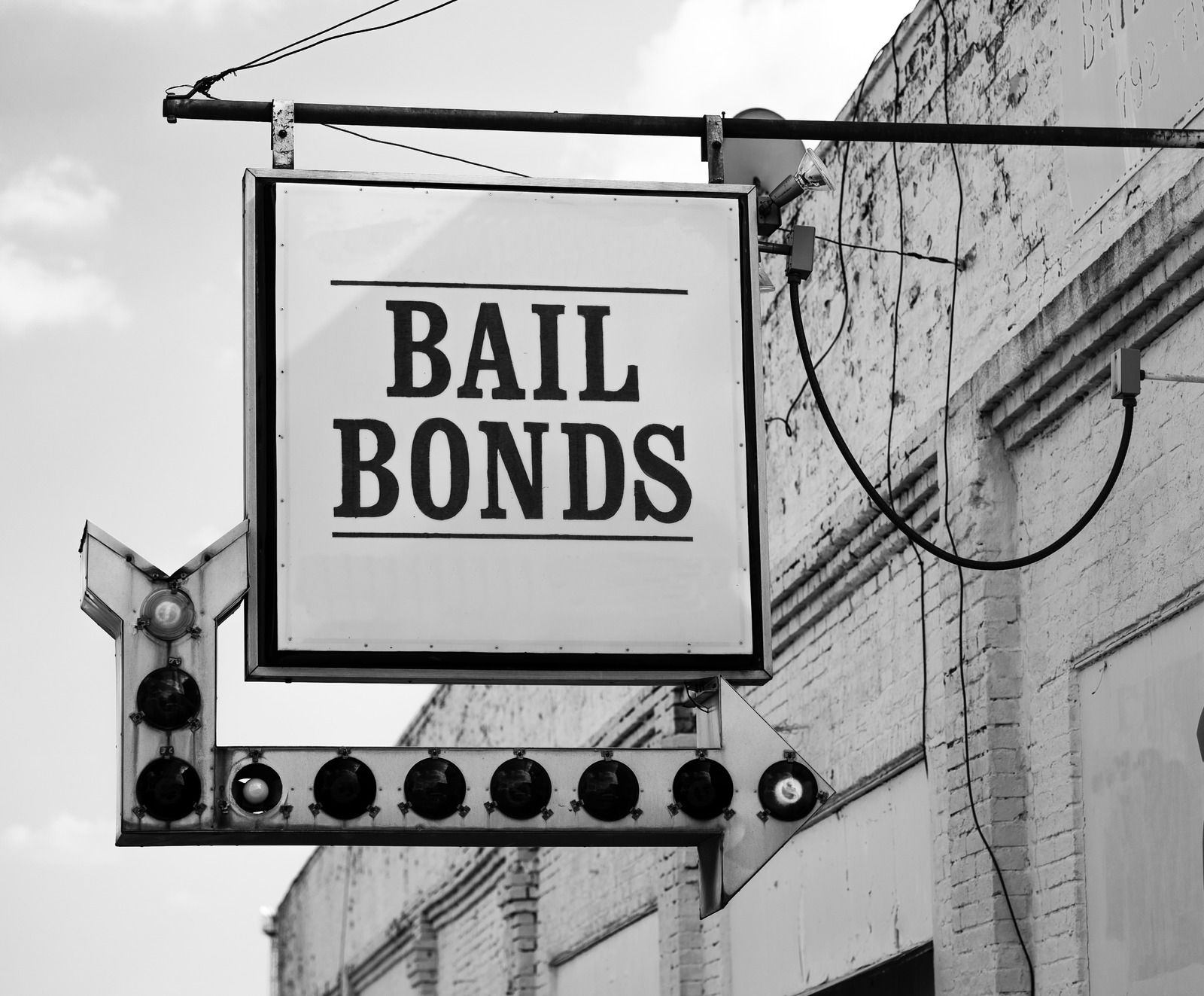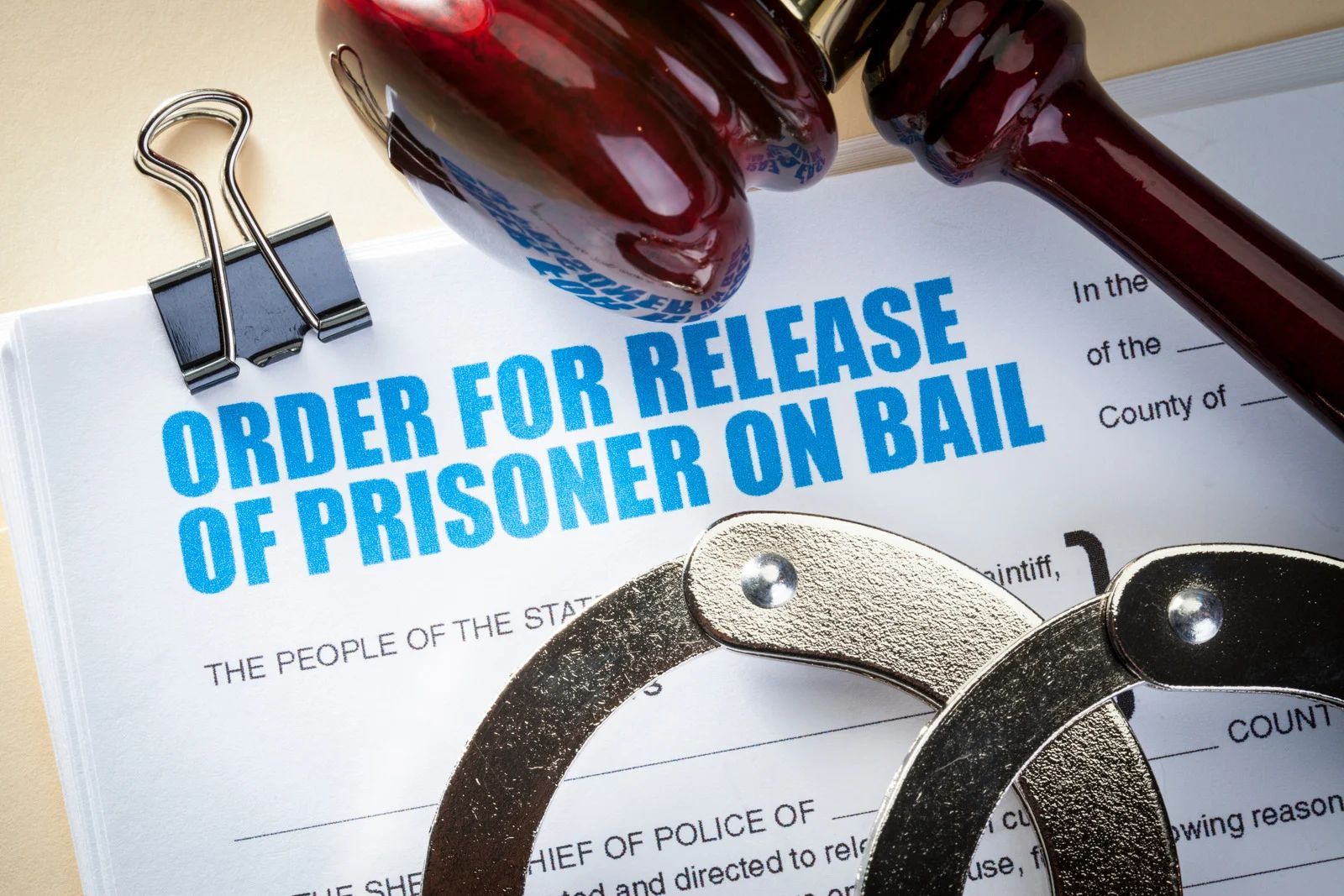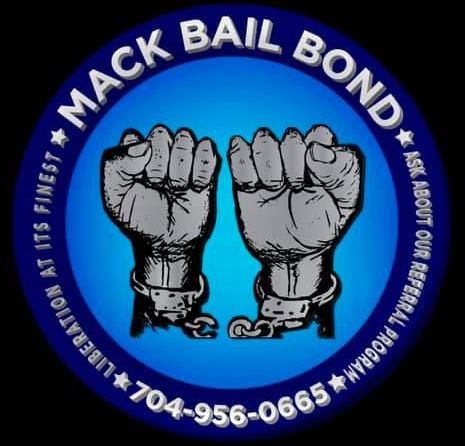Misdemeanor vs. Felony Bail: What’s the Difference?
When a person is arrested, one of the first steps toward release from custody is setting bail. However, not all charges are treated equally in the eyes of the law, and bail amounts and conditions can vary significantly depending on the severity of the offense. The distinction between misdemeanor and felony bail plays a major role in determining the legal process, bond amounts, and eligibility for pre-trial release. Understanding the differences between these two categories can help individuals and families better prepare for what lies ahead, make informed decisions, and seek professional guidance through the bail process. Here’s what you need to know about the key differences between misdemeanor and felony bail.
1. Nature and Severity of the Charges
Misdemeanors are generally considered less serious offenses than felonies. Common misdemeanor charges include petty theft, disorderly conduct, or first-time DUI offenses. These typically carry lighter penalties, such as fines, probation, or short-term jail time. Felonies, on the other hand, include more serious crimes like assault with a deadly weapon, burglary, or drug trafficking. These offenses often involve longer sentences and greater legal consequences, which is reflected in higher bail amounts and stricter release conditions.
2. Bail Amounts and Conditions
One of the most noticeable differences between misdemeanor and felony bail is the cost. Misdemeanor bail is typically lower and more straightforward, with standard amounts often set by a bail schedule. Felony bail, due to the seriousness of the offense, is usually much higher and may require a hearing before being granted. Judges may impose additional conditions for felony releases, such as electronic monitoring, no-contact orders, or travel restrictions.
3. Impact on Release Time
Because misdemeanor charges are less severe and generally follow set bail guidelines, the release process is often quicker. A defendant may be released the same day if bail is posted promptly. Felony charges, however, often require the defendant to appear before a judge for a bail hearing. This can delay release by several hours or even days, depending on court scheduling and the complexity of the case.
4. Role of a Bail Bondsman
Whether the charge is a misdemeanor or a felony, a bail bondsman can play a critical role in securing release. For misdemeanors, the process is usually fast and requires minimal documentation. In felony cases, the bondsman works closely with the court to ensure compliance with bail conditions and may require collateral or co-signers due to the higher risk. In both scenarios, professional bail agents provide invaluable support and guidance throughout the process.
Trusted Help for Every Situation
Understanding the distinction between misdemeanor and felony bail can make navigating the legal system less overwhelming. Whether facing minor charges or more serious allegations, working with an experienced bail bond company ensures your rights are protected and the path to release is handled efficiently and professionally.
Mack Bail Bond, located in Charlotte, North Carolina, brings over 20
years of experience in handling both misdemeanor and felony bail bonds. Our dedicated team is available 24/7 to assist clients with compassionate, professional service and guide families through every step of the bail process.








